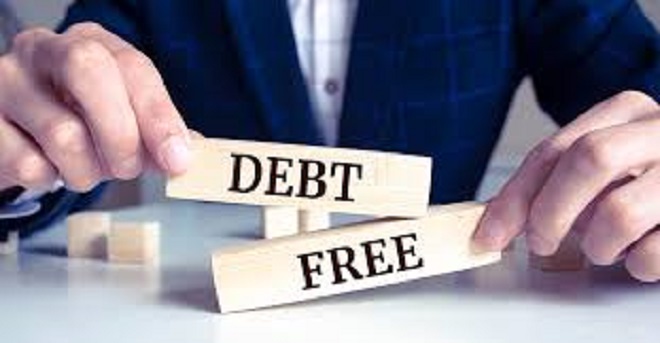Being in debt can feel like carrying a heavy weight on your shoulders. Whether it is a credit card balance, personal loan, or student debt, the pressure to make repayments can be stressful.
The good news is that with the right plan, you can take control of your money and clear your debts sooner than you think. Budgeting is one of the most powerful tools to help you achieve financial freedom and reach your debt-free dreams.
Why Budgeting Is Key to Paying Off Debt
A budget is a simple plan that shows where your money comes from and where it goes. Without one, it is easy to overspend and lose track of how much you owe. Budgeting helps you understand your spending habits, cut unnecessary costs, and redirect more money towards debt solutions. It gives you a clear picture of your financial situation, allowing you to make informed decisions.
When you create a budget, you also set goals. These goals keep you motivated as you see your debt slowly shrinking. The more control you have over your money, the faster you can achieve a debt-free life.
Step 1: Know What You Owe
The first step to getting rid of debt is knowing exactly how much you owe. Write down all your debts, including the total amount, interest rates, and minimum payments. This will help you see which debts are costing you the most. Loans with high interest rates, like credit cards, should be a priority because they grow quickly if not paid off.
Once you have the full picture, you can choose a repayment strategy. Two common approaches are:
- Debt snowball: Pay off the smallest debts first to gain momentum.
- Debt avalanche: Focus on the debts with the highest interest rates to save money over time.
Step 2: Create a Realistic Budget
A good budget should be simple and easy to follow. Start by listing your monthly income, then subtract your essential expenses such as rent, utilities, groceries, and transport. The amount left is what you can use for debt repayments and savings.
Look for areas where you can cut back. Even small changes, like cooking at home instead of eating out, can free up extra money to pay off debt. Redirecting these savings towards your loans can make a big difference over time.
Step 3: Build an Emergency Fund
While paying off debt is important, it is also wise to have a small emergency fund. Unexpected expenses like car repairs or medical bills can force you to use credit again, which slows down your progress. Aim to save at least a small amount, such as $500, to cover unexpected costs while you continue reducing debt.
Step 4: Use Extra Money Wisely
Whenever you receive extra money, such as a tax refund, bonus, or even selling unused items, use it to make an extra payment towards your debt. This reduces the principal amount faster, which means you pay less interest over time.
Avoid the temptation to spend windfalls on things you do not need. Every extra payment gets you closer to financial freedom.
Step 5: Explore Professional Debt Solutions
Sometimes, managing debt on your own can feel overwhelming. This is where professional debt solutions can help. Options like debt consolidation combine multiple debts into a single loan with a lower interest rate, making repayments easier to manage. Some people may also benefit from refinancing or negotiating new repayment terms with their lenders.
Financial counsellors and debt specialists can guide you through these options, ensuring you choose the best solution for your situation. Combining these services with your budget can speed up your journey to becoming debt-free.
Step 6: Stay Committed and Adjust as Needed
Sticking to a budget takes discipline, but the results are worth it. Review your budget regularly to make sure it still fits your needs. Life changes, and so do expenses, so adjust when necessary. Keep your goal in mind and celebrate small milestones along the way.
The Benefits of Becoming Debt-Free
Paying off your loans does more than free up money. It gives you peace of mind and the freedom to plan for the future. Without debt, you can focus on building savings, investing, or enjoying experiences without financial stress.
Being debt-free also improves your credit score, which can open up better financial opportunities in the future. Most importantly, it allows you to live with less worry and more confidence.
Reaching your debt-free dreams is possible with the right plan. Budgeting is the foundation of this journey because it helps you control your spending, prioritise repayments, and track progress. Combine this with smart debt solutions, and you can speed up your path to financial freedom.
Start today by creating a simple budget, cutting unnecessary expenses, and exploring options that work for you. Every payment you make brings you one step closer to a life without debt.

